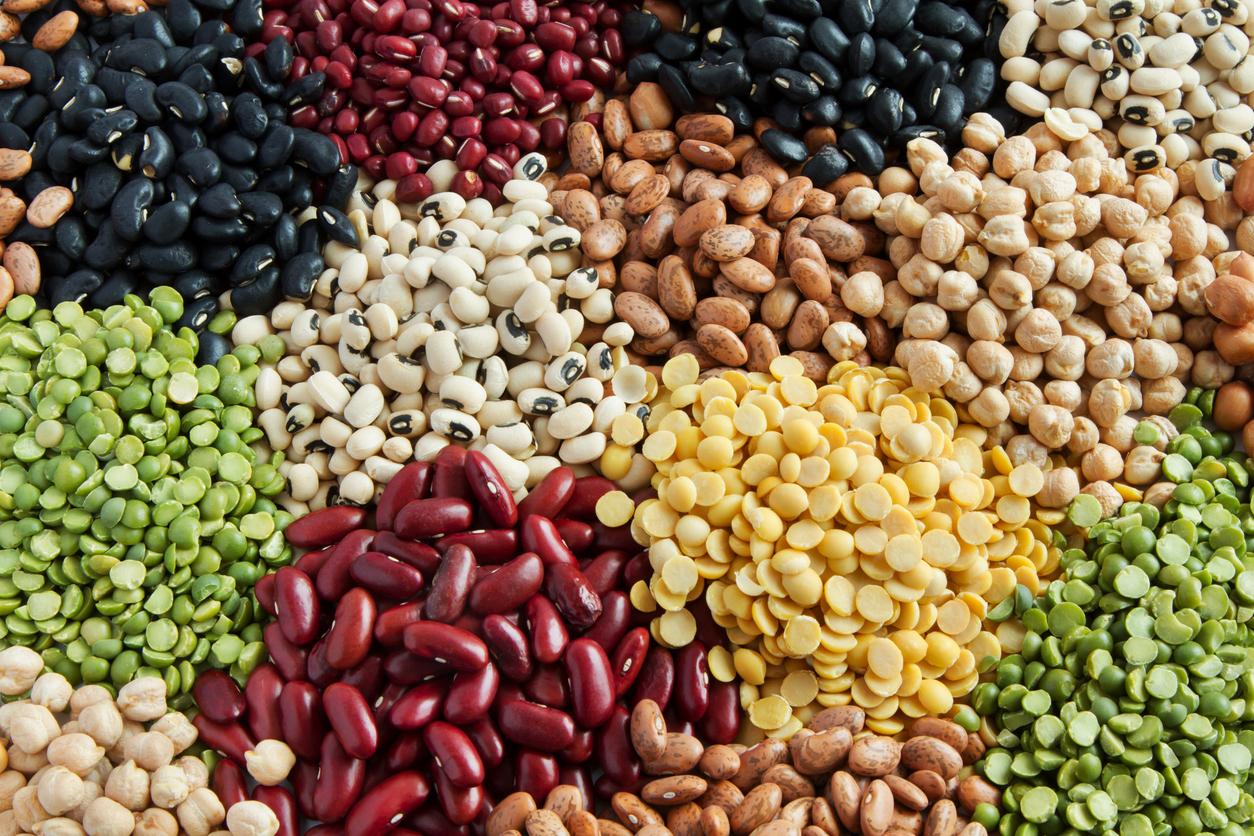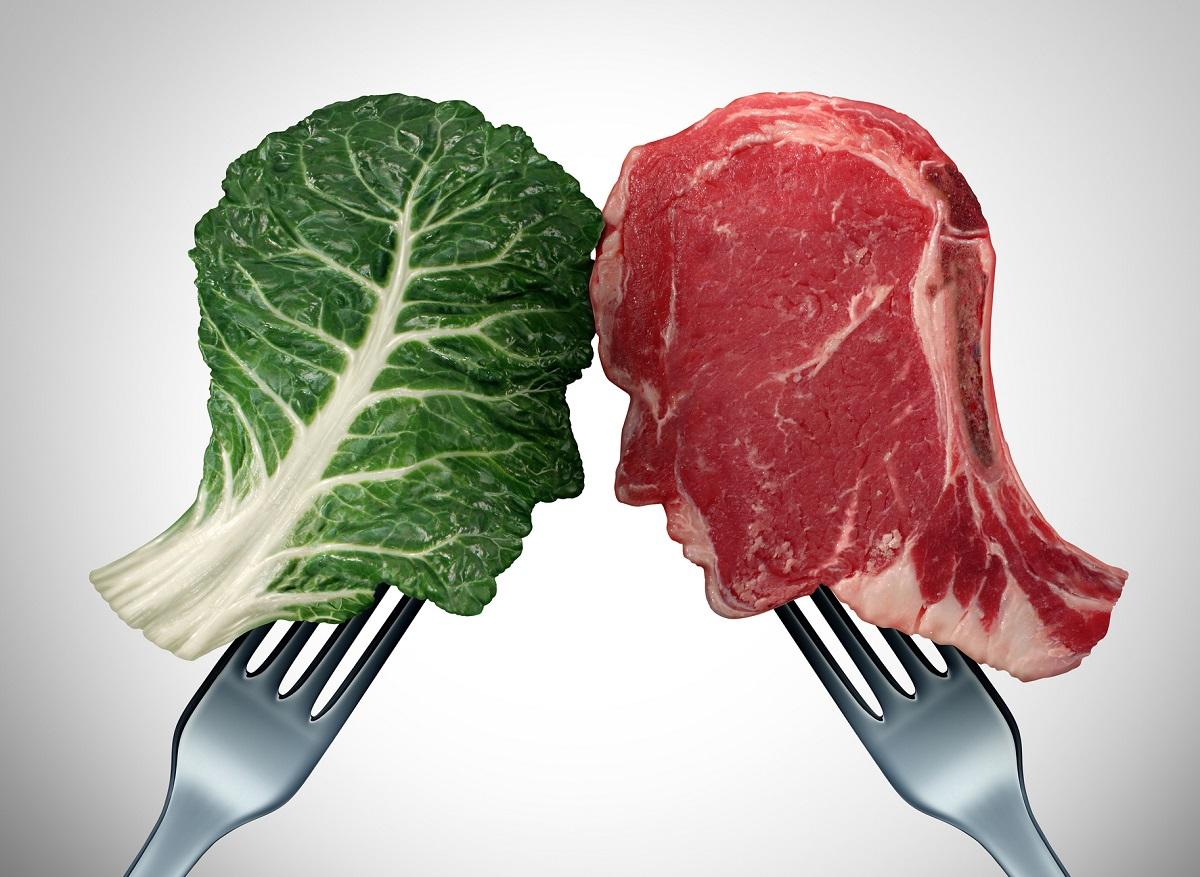
How nutritious are meat substitutes compared to meat?
Can you season or marinate meat substitutes? How nutritious are they? And how can you best prepare them?
1. How nutritious are meat substitutes compared to meat?
The nutritional value of meat substitutes differs per product. Most meat substitutes contain a good portion of protein and are fortified with iron, vitamins B1 and B12 (nutrients that are also supplied by meat). The packaging states how much has been added. According to the Nutrition Center, a meat substitute is good if it contains at least 10 to 15 grams of protein per 100 grams and preferably more than 0.8 milligrams of iron, more than 0.06 milligrams of vitamin B1 and at least 0.24 micrograms of vitamin B12. However, almost all meat substitutes contain a large portion of salt, while meat naturally contains hardly any salt.
2. What is the best way to prepare them?
You can fry almost all meat substitutes in oil or butter in a frying pan or frying pan. You can also fry some or prepare them in the oven. As with meat, use a small amount of fat. Breaded meat substitutes absorb more fat during preparation than variants without breadcrumbs.
3. Can you marinate or season meat substitutes?
Most varieties are already fully flavored by the manufacturer. Especially burgers, slices, balls and falafel are ready-made. They just need to be baked. More and more meat substitutes are coming onto the market in the form of minced meat or pieces that you can use in sauces and stews to your own taste. These are also already salted and seasoned, but of course you can season them even further when processing. Only bean curd and tempeh are generally unseasoned and unsalted. You can marinate and season it yourself.
Sources):
- Plus Magazine















